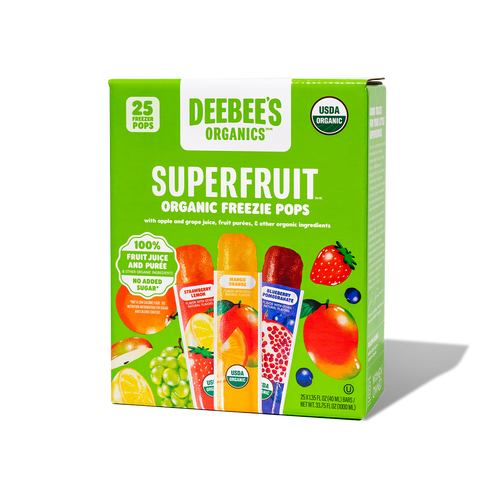Think back, waaaay back. Depending on when you were born (we won’t tell if you don’t!), you might remember a time when the produce aisle at your grocery store looked a bit different in the winter. There’d be a little less produce, and no watermelon or fresh berries in the coldest month of the year.
Those days are way behind us. Today, we live in a 24/7 culture, and that means you can go to the grocery store any time of the year and find any fruit or veg your heart desires. The problem? What your heart desires may not be what your body desires.
Most of us now know that it’s best to eat local and unprocessed food when possible. What many of us don’t realize is that eating seasonally is a big part of this puzzle, and just as important.
Here’s why eating seasonally is often the better and more sustainable choice.
Better for You & Your Family
Eating seasonally is one of the best ways to ensure that you’re always eating fresh, local, and non-GMO produce. It’s also one of the best ways to ensure you’re eating like nature intended.
Having a diverse diet is critically important for our health (see tips on how to ‘eat the rainbow’ here). When humans used to eat seasonally, that meant we were eating a variety of crops throughout the year, always in rotation.
And letting crops and soil have periods of inactivity impacts their ability to produce better, more abundant fruit when they’re in season.
Let’s face it. Your grandparents probably didn’t eat fresh raspberries in the middle of winter. Instead, they likely enjoyed root vegetables, canned vegetables, and raspberry jam.
And today, we have a wonderful invention that lets us enjoy our favourite fruits all year long: frozen food! The great thing about frozen fruits and vegetables is that they can be frozen at the height of their ripeness, locking in all the good stuff when you need it later.
So just because it’s getting colder, doesn’t mean you can’t enjoy a strawberry shake here and there (see our go-to shake recipe here). And don’t forget that our organic freezer pops are made with 100% fruit juice and added puree, with no added sugar. They’re another great way to get in some extra fruit when the ground is frozen.
Better for Food Producers
When food is produced seasonally and organically, it’s not just better for the consumer - it’s also better for the producers.
We know that farming chemicals impact farmers and their children. Choosing to support organic and local farms and eat seasonally and sustainably is a great way to ensure you’re only supporting farming practices that are good for children and communities.
Better for the Planet
Similarly, eating seasonally is the more sustainable choice for the planet.
By eating seasonally, the fruits and vegetables are coming from local farms and greenhouses which means less travel time and resources were used, thus creating a smaller carbon footprint. Try searching what fruits/vegetables are in season in your area. Your family might discover some new favourites!
Like we’ve already covered, it’s important for plants and the land to have periods of rest. It’s just not good for anyone, Mother Nature included, to insist on eating the same way all year long.
At DeeBees, we have a sustainability process that includes only using fruit that is certified organic and non-GMO. Thankfully, eating seasonally and sustainably can be just as tasty and satisfying, and when we eat this way, everyone wins.





